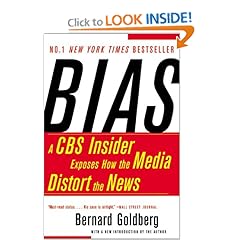I will spend the day reading a cautionary tale titled Mao's War Against Nature. I'm only on page 43 so far, but the moral of this story is already chillingly clear: when political ideology drives decision-making really bad things happen to both humans and the environment.
We're talking stuff like human-induced famine that causes the deaths of millions of people. When their policies produce unintended consequences, hardcore idealogues can acknowledge their errors and change course. Or they can continue onward.
A quote on page 32, attributed to Mao's personal physician, is revealing: "Mao knew that people were dying by the millions. He did not care."
It's difficult to believe that political leaders can be so callous. But history teaches us that such atrocities have occurred more than once. We all need to take special care to never lend support to situations in which such horrors might be perpetrated.
This means, above all, respecting multiple points of view. It means supporting free and open debate.

..


